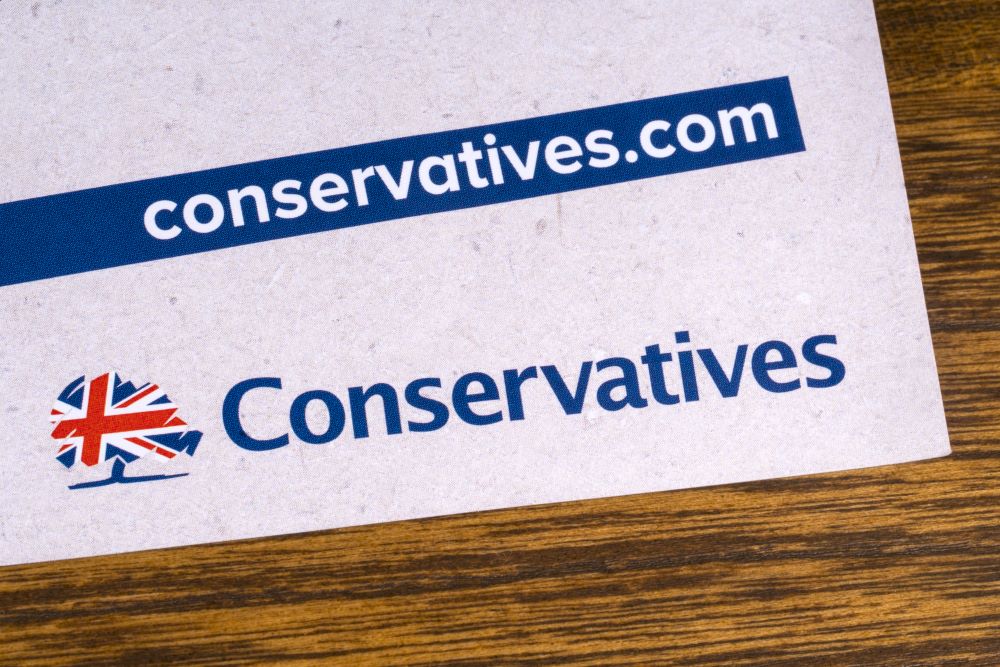
While it received a jubilant reaction in the hall, wider reactions to prime minister Rishi Sunak’s keynote speech today (4 October) at Conservative Party Conference have been more muted, with disappointment from parts of the business and trade community at the scrapping of HS2’s Manchester leg, along with concerns over the implications for inward investment.
The Institute of Export & International Trade’s (IOE&IT) director general, Marco Forgione, expressed concern on behalf of members from the North West, saying:
“It’s clear that the decision to scrap the Birmingham to Manchester leg of HS2 will be a cause for significant concern.
“Internationally, the decision to scrap it at this stage also calls into question the UK’s ability to both plan and deliver major infrastructure projects.”
HS2
Forgione remarked that while welcome, the raft of new transport promises made in the speech, including a Midlands Rail Hub and upgrades to numerous motorways and A-roads, still need to be delivered:
“We have to review what has happened with HS2 and ask tough questions to ensure businesses in the UK and overseas retain confidence that the new initiatives announced today will be delivered.
“It’s essential for our future economic prosperity that the UK remains an attractive location for inward investment.”
This concern was also raised by the Confederation of British Industry (CBI), which said the reversal sends a “damaging signal” to investors. It added:
“Businesses and investors in the Midlands and the North have spent the last decade planning for the delivery of HS2.
“A ‘start from scratch’ approach risks leaving those businesses in a holding pattern of poor connectivity and low productivity.”
The connection between poor connectivity and reduced productivity was flagged by Forgione, as one of the findings from a recent IOE&IT policy report. He commented “there is significant untapped potential across the UK’s nations and regions [and] a key step toward realising this potential is improving connectivity in both physical and digital infrastructure”.
Political reaction
The negative reaction extended to other senior Conservatives, as West Midlands mayor Andrew Street said he was “very disappointed” with the HS2 decision, according to the BBC, and called it a “huge political gaffe”.
However, having spent the conference lobbying Sunak to keep the project going, Street still ruled out resigning.
He told interviewers that standing for mayor again next year would better serve his constituents, and his concerns were somewhat allayed by Sunak’s promise to ringfence the money saved by scrapping HS2 for transport investment in the region.
Speaking to the BBC, Greater Manchester mayor Andy Burnham, was less conciliatory, asking if “this country has the will within it to actually prioritise the North of England and sort out its transport problems?”
He claimed the government treats the North like “second-class citizens” in terms of infrastructure.
Brexit
Away from the trains, there were echoes of Kemi Badenoch’s Brexit defiance in Sunak’s keynote address. As Grace Thompson, IOE&IT public affairs lead, notes, he delivered a “fairly brief section on trade policy within his conference speech around his belief that any recent trade policy successes are due directly to Brexit”.
This included Sunak touting the success of the UK joining the Comprehensive and Progressive Agreement for Trans-Pacific Partnership (CPTPP) in July.
But Thompson added that he conspicuously failed to “address the future of UK-EU trade relations directly, despite this being a major point of discussion for the business community, in light of the upcoming review of the Trade and Cooperation Agreement in 2026.”
Freeports
Thompson welcomed the prime minister taking time to cite the benefits of freeports, following the opening of the UK’s first freeports in Plymouth, Solent, and Teesside last year, noting:
“It reflects a wider theme of his speech, which was an attempt to emphasise a future, concentrated focus on economic benefits to nations and regions.”
Again, today’s transport reversal led her to question “whether that theme will have rung true to anyone concerned about how scrapping HS2 would affect some of the regions which stood to benefit”.



